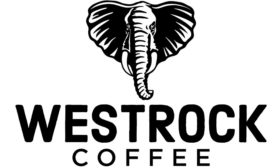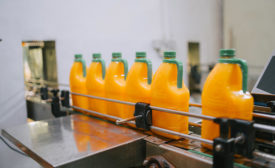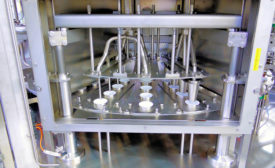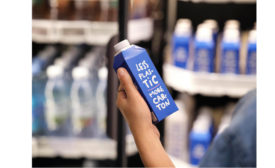Home » aseptic
Articles Tagged with ''aseptic''
Ever-increasing demand, combined with unique properties of dairy products, is leading to widespread innovation.
Read More
The importance of aseptic and ESL for dairy
Aseptic and ESL are indispensable packaging formats for dairy products.
December 27, 2024
HP Hood LLC named 2024 Dairy Foods Plant of the Year
Batavia, N.Y., facility honored for employee safety as well as operational excellence.
September 4, 2024
Opportunities abound in RTD beverages
Younger demographics are especially interested in this category.
January 24, 2024
Dairy Farmers of America is Dairy Foods 2023 Processor of the Year
DFA honored for operations, product innovation and sustainability.
December 15, 2023
Aseptic and ESL growing in importance
Extended shelf life and aseptic processes are becoming increasingly popular as dairy processors seek to keep pace in an increasingly competitive market.
December 4, 2023
SIG launches on-the-go carton bottle
Designed for recycling, SIG DomeMini is mainly made from FSC-certified paperboard and produced using 100% renewable electricity
October 16, 2023
Stay ahead of the curve. Unlock a dose of cutting-edge insights.
Receive our premium content directly to your inbox.
SIGN-UP TODAYCopyright ©2025. All Rights Reserved BNP Media.
Design, CMS, Hosting & Web Development :: ePublishing










